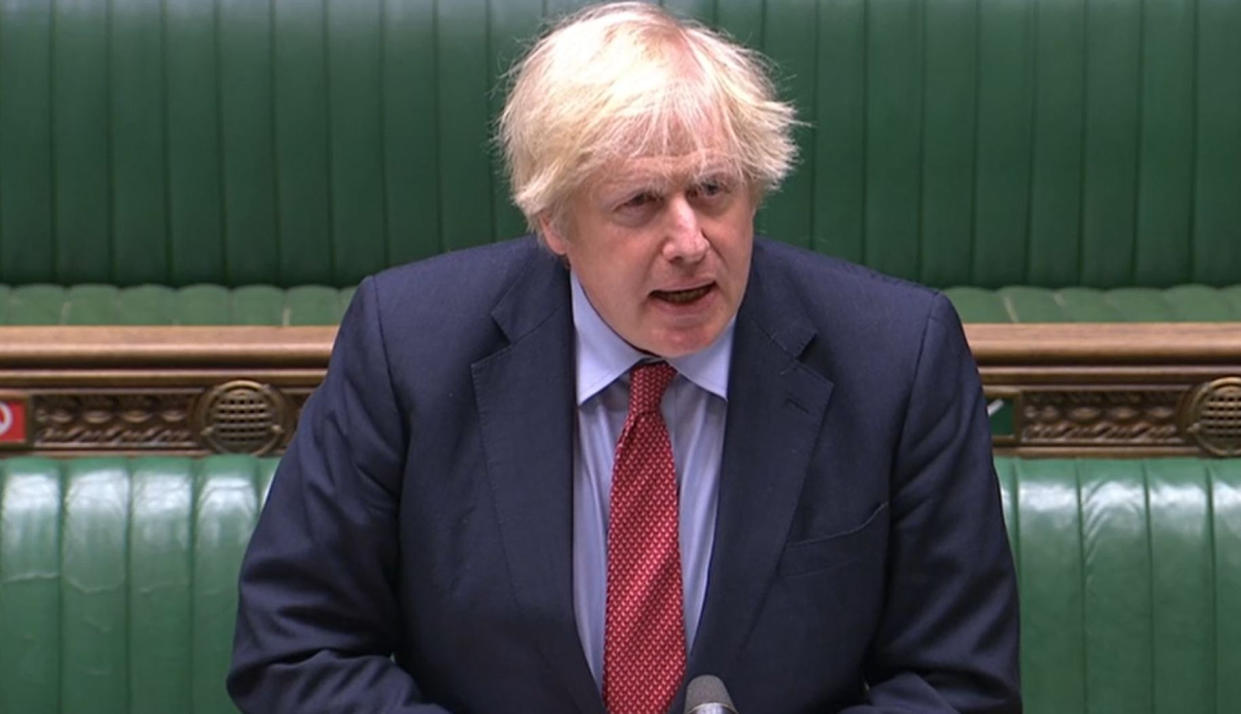Boris Johnson was warned in February 'ineffective' response to coronavirus could lead to public disorder

Scientific advisers warned the government in February that its response to coronavirus could bring about public disorder.
Papers show that a perception of an ineffective response could lead to unrest, and this week a professor warned that riots could break out if efforts aren’t made to reduce tensions.
Professor Clifford Stott, who advises the government, said large-scale job losses and unemployment caused by the coronavirus lockdown, combined with anger about racism and concerns of economic inequality, could cause “confrontations” in the next few months.
Papers from the Scientific Pandemic Influenza Group on Behaviours (SPI-B) show the government was warned five months ago that if the public believed the response to the outbreak was poor it could lead to a breakdown in order.
The paper was discussed at February Scientific Advisory Group for Emergencies (Sage) meeting.
“Where public disorder occurs, it is usually triggered by perceptions about the government’s response, rather than the nature of the epidemic per se,” the document said.
“For example, a perception that the government response strategies are not effective in looking after the public may lead to an increase in tensions.”
Suggested mitigations included providing clear reasons for government strategies and promoting a sense of “we are all in this together”.
SPI-B defined public disorder as “actions from opportunistic crime, community tension and rioting”.
At the time, SPI-B felt the biggest risk of public disorder could arise where there are staff absences in police forces, pressures on healthcare facilities, perceptions of limited resources, like face masks or hand sanitiser, or perceptions that the government response to COVID-19 is lacking.
There has been criticism that the government acted too late to bring the coronavirus outbreak under control, concerns about how lockdown has been eased and issues about personal protective equipment (PPE) supplies.
The government has insisted it has been guided by scientific advice and made efforts to supply enough PPE.
The main focus for policing has become protests held following George Floyd’s death, which happened after a white US police officer was seen kneeling on his neck. They have been largely peaceful but have seen some people clash with police.
However, Prof Stott warned that if important issues about inequality were not dealt with properly, they could “feed into a situation in the future over the summer months where confrontations develop”.
“If the police don’t invest in building positive police-community relations now, there is a potential for serious and large public disorder to emerge this summer,” he said.
“I think in the worst case scenario it’s not inconceivable that we could have disorder on a scale equivalent to August 2011.”
A poll this week found that the public approval rating for the British government’s handling of the outbreak was the among the lowest in the world.
Just 41% of Britons think their respective governments are handling it well, YouGov found.
Coronavirus: what happened today
Click here to sign up to the latest news, advice and information with our daily Catch-up newsletter
Read more about COVID-19
How to get a coronavirus test if you have symptoms
How easing of lockdown rules affects you
In pictures: How UK school classrooms could look in new normal
How public transport could look after lockdown
How our public spaces will change in the future
Help and advice
Read the full list of official FAQs here
10 tips from the NHS to help deal with anxiety
What to do if you think you have symptoms
How to get help if you've been furloughed


